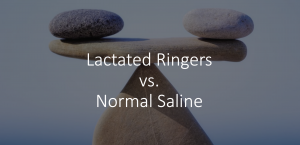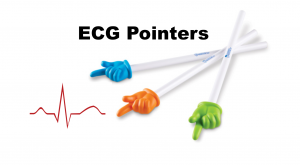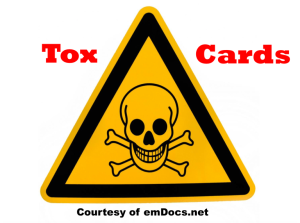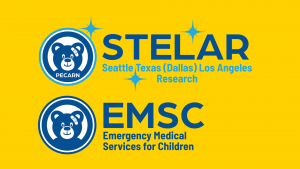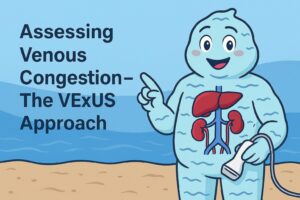Author: Judd Hollander, MD (@JuddHollander) // Reviewed by: Alex Koyfman, MD (@EMHighAK) and Brit Long, MD (@long_brit)
Emergency Medicine is an amazing specialty, but how did it develop, and where do we go from here? This new series looks at these questions and more with write-ups from the masters of our field.
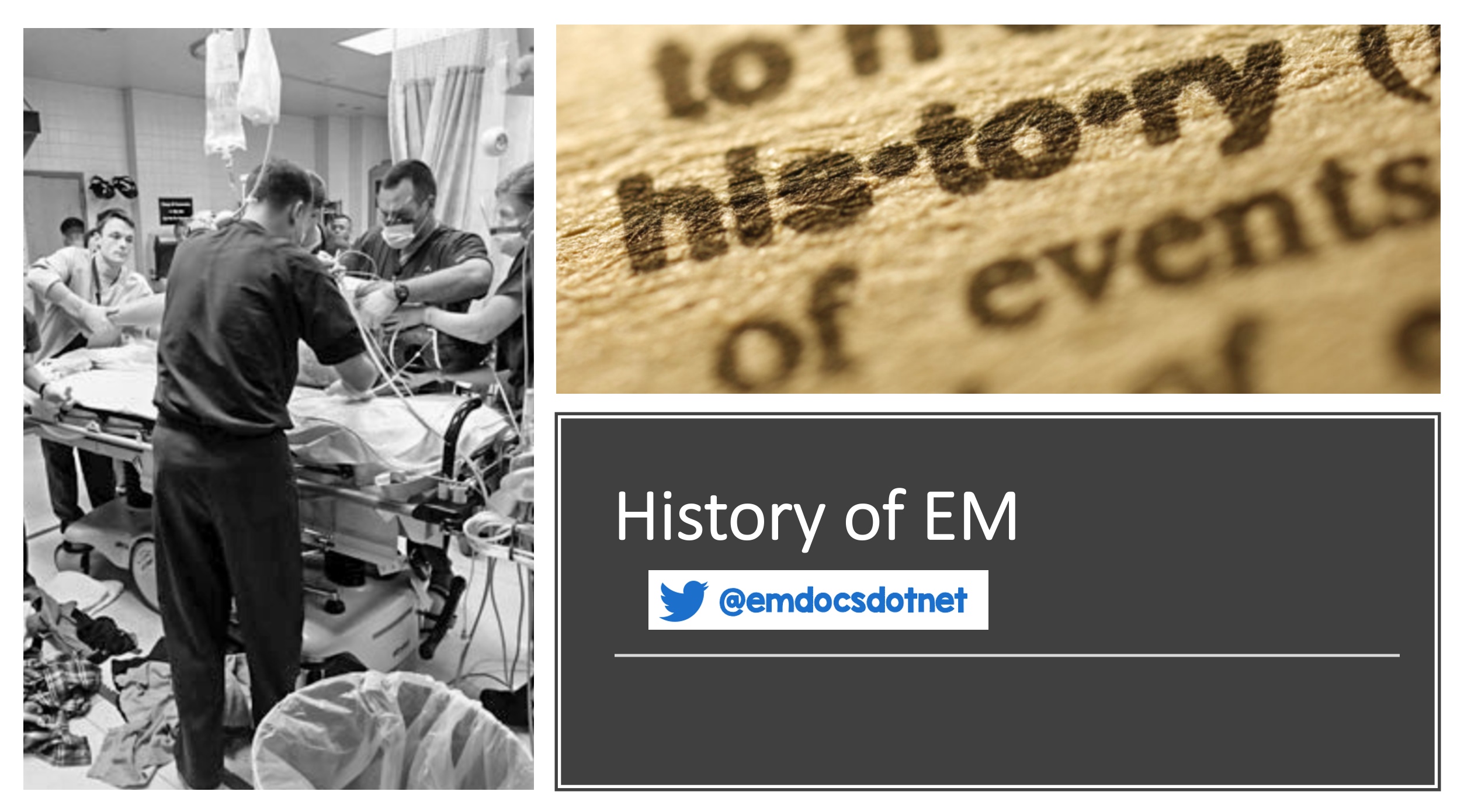
Why EM then?
I went to medical school only to become a psychiatrist. I was fortunate enough to do the last rotation through old Bellevue psychiatric ward before it closed down. But… I was more fortunate to do a rotation through Bellevue emergency medicine where I had a couple great mentors who inspired me. There was minimal to no CT scan, no MRI and no ultrasound at the time. We had to be medical detectives to make the diagnosis. I found the diagnostic part of medicine the most challenging and rewarding. Seemed the rest of what happened flowed from there.
Why EM now?
Now, the diagnostic part is quite a bit less challenging. Abundant testing and imaging have been great for patients. But… the skill set of emergency physicians – including handling uncertainty – makes for a nice skill set that allowed me to explore different options within medicine. I moved from being a clinician to a clinical researcher to an associate dean to a senior vice president overseeing healthcare delivery innovation at Jefferson. Now my version of emergency medicine is not confined to the emergency department but extends from the c-suite into patients’ homes. The diversity of the job and ability to make a difference for people is what makes it fun to wake up every morning.
Most interesting personal EM story?
I have told my most interesting story on-line https://www.acpjournals.org/doi/10.7326/W18-0004
But… the one that keeps me grounded is this one.
I am at work on a Sunday 15 -20 years ago and the first patient I get signed out to me is actually the random person with a GSW to the head who was just in the wrong place at that moment. The next person is 2 days post-partum with weakness in her legs and her newborn on her chest. The MRI shows a spinal cord infarct. She went from the joy of having a newborn to finding out she may never walk again. Minutes later, I get a phone call – the water pipe in my garage has just busted. I suggest shutting off the valve proximal to leak. Oh well, there is none. I am not Mr. Handy. I then suggest shutting off all the water to the house. The response was “but we haven’t showered yet”. My response was “Then leave the water on, go shower, then shut it off”. The response back “What did you do with my husband, where is he?”. Moral of the story is that life is all about perspective. A water-logged garage 20 years ago, or the recent roof damage and collapsed bedroom ceiling (during COVID) are just minor inconveniences compared to what our patients are going through. Be grateful we can help. Remember to keep perspective.
Most interesting tidbit of EM history?
Not sure it is really EM history, but my personal history within EM. When I was a third-year medical student rotating through the internal medicine wards at Bellevue Hospital, Dr. Lewis Goldfrank was my medicine attending on the inpatient wards.
Where does our field develop from here?
We need to recognize our own value – as individuals, as a specialty and to our health systems and our community.
Starting out in EM, our younger self wants “cool EM stories.” We mostly all wanted the Friday the 13th shift with the full moon in a New York City summer and wanted the patients with the procedures – critical care, belly taps, chest tubes, line placements, and, if I was younger, ultrasounds.
The next generation got a little bit caught in “emergency department” versus “emergency room” rhetoric. We now know we are not defined by our location but our skill set – we are emergency physicians with special emergency care expertise.
But… our skill set is not necessarily always aligned with our value. Our value to most of the health system and to most of the community is that we are available. We are the “availablists”. When no one else is working or no one else will care for you, we are always there. You don’t need to need critical care. It might just be gastroenteritis or a URI.
So… the next evolution of emergency care will be to bring it to the patient rather than to make the patient come to us. Our future will depend upon whether or not we embrace urgent care, telemedicine and care coordination. We are emergency physicians. That expertise is critical but we are availablists and if we let others be more available, we will ultimately lose what people care about most.
3 people you recommend to also write this
Brendan Carr
Megan Ranney
Mike Callaham

